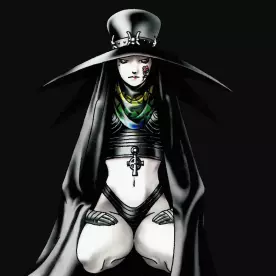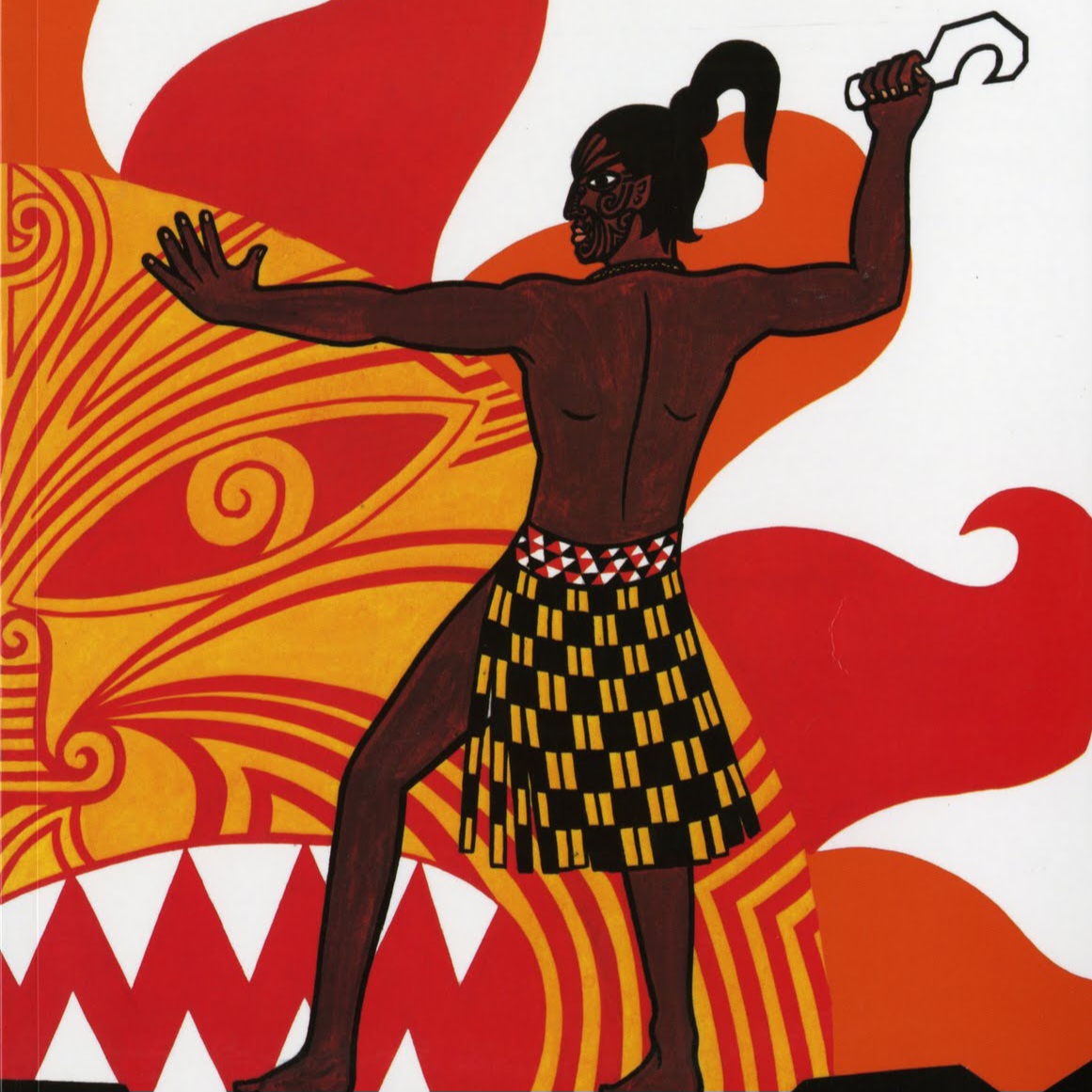It is undeniable that the dreamcast was a solid machine that had good games and a sleek look, but was ultimately overshadowed by the goliath that is the PS2.
What do you guys think, how could the Dreamcast kept surviving? Should SEGA thought reeling back the Saturn?
It certainly was praised, but didn’t get the chance it needed, personally I considered it to be a part of the prior gen (N64, PS1)
Let me know your thoughts!
I always found the Dreamcast to be notable for being the first console to have polished 3D graphics. I don’t consider it part of the fifth generation because I believe those consoles went a generation too early for 3D gaming, at least to the degree their game developers did. The difference between your typical PSX game running at 15 FPS with claustrophobic draw distances and SoulCalibur (or any halfway-decent PC offering of the time) was night and day. You’ll hear cynical, lazy narratives about piracy, but that kind of thing was always on the margins in the 90’s. It was the rapidly-moving market that would be the problem for Sega in the end, as PS2 and Xbox represented yet another big step forward for nascent 3D technology.
The thing is, despite running up against the best-selling console ever made, the opportunity was still there for the Dreamcast. Sega bungled their Japan release but had a far better than expected showing in North America, led by a strong launch lineup and an untapped market filled by the 2K sports games. The Dreamcast is a great case study in the necessity of agile marketing; immediately pivoting towards a stronger Western footing after the successful 1999 launch would have put Sega in the position to capitalize on future success. The PS2 had supply issues and a thin library in its early years. Sega also had the foresight to put modems on their consoles, and Phantasy Star Online would go on to be one of the best selling games on the system. The US had better Internet infrastructure and adoption than Japan, and the lack of online service was the one weakness the PS2 had. Sega being positioned to compete with Xbox Live would have dramatically altered the market landscape. Instead, Sega only had one major online title in the end, but even that would come too late. When Shenmue flopped (due to major budget overruns), that was that. The Dreamcast library had peaked, and higher-ups at Sega were already moving to pull the plug.
Dreamcast also had fairly poor 3rd party support aside from Namco as I recall. I agree they could have made hay in the West, but that was an uphill battle without EA and I think Activision really bringing anything to the table.
In hindsight they should have done a twin stick controller too. I liked their controller, but the Xbox controller was that that should have been.
Growing up then, I seem to recall the nail in the coffin was around the time we could use discjuggler to burn to standard CDRs.
3rd party games kinda tanked when anyone with a burner could download and burn the iso with no mod chip.
I think this is it. Within weeks I had downloaded every game from usenet and the only money Sega made from me was buying samba de amigo to get the maraca controllers.
It was a mistake too - so many games to play that I never committed to anything and got bored and stopped playing anything.
I feel like the system was neat but it only had a handful of games that I kept coming back to.
I’m pretty sure I read or saw a documentary that basically said the downfall of Sega started with Sega of Japan starting to take more control and override Sega of America. I think that’s how we ended up with the Sega Saturn and the failure of that console really didn’t help the Dreamcast at all.
My neighbor had a Saturn, and like literally no one else I knew did. Having said that, it was bad ass, and the graphics were unreal for the time period. Iirc it was out before N64, and had proper 3d graphics. It’s weird that it never succeeded. Was it just super expensive or what?
Sega was a victim of the Dreamcasts success. They lost money on every console sold, didn’t make it back on the software, and spent too much money on things like Shen Mue.
This is a pretty solid summary. Part of why they didn’t make their money back on software was because of how easy it was to copy and share. It didn’t help that they had alienated so many 3rd party devs by prematurely abandoning platforms so many times. They stuck with the Genesis for a long time, trickled out 32X and CD add-ons and only put out a handful of games for those, released and immediately ditched the Saturn, and then didn’t go as all in on the Dreamcast as they probably should’ve. At least they knew to cancel the Neptune, which was just gonna be a standalone 32X.
They should’ve not done the CD and 32X and instead dumped those resources into getting the Saturn out like a year earlier. Then they could’ve taken their time building that library, and then go all in on the Dreamcast, bringing lots of 3rd party support that happily made money off of betting on the Saturn. But hindsight is 20/20.
People tend to lump in the Sega CD with the failed systems, but it was actually the most successful console add on ever, supporting over 200 games.
This was part of the problem with the 32X. Sega USA ran with the CD and turned it into a success when Sega Japan didn’t want it. When Japan was prepping for Saturn, US demanded the 32X and when Japan said “no”, US said “yeah, well, look at Sega CD, what do you know?” Sega USA arrogance willed the 32X into existance and, well, you know the rest.
Guitar Hero sold more, but how many games USE the guitar? 4? 5?
I guess that goes to show how “Most Successful Console Add-on Ever” isn’t that prestigious of a title! Haha
The CD and 32X were effectively just life support to keep the Genesis alive while Nintendo put out a whole new generation of console. Sega could’ve leapfrogged Nintendo’s SNES if their follow-up to the 16-bit cartridge based Genesis and competitor to the 16-bit cartridge based SNES had been the 32-bit disc based Saturn, but in 1993 instead of 1994-95. “Nintendo just caught up to what we’re leaving behind.” Video game history would be incredibly different. Nintendo would’ve maybe lost a significant amount of market share to Sega. Sony might’ve stayed out of it or at least would’ve had real disc competition. Sega might’ve stayed in the hardware game, which maybe would’ve kept Microsoft from entering since there’s no vacuum to fill. This might’ve affected PC gaming too since devs could basically double dip their work to put out very similar games on both PC and Xbox.
Sega CD was successful in that it kept Sega players from jumping over to buying a SNES. Idk how that worked though because an entire SNES was cheaper than the Sega CD add-on. They could only sell games to people who had already bought a Genesis AND shelled out a SNES and a half worth to keep it relevant. If you didn’t own a Genesis or a SNES and you’re at Circuit City or whatever looking at them, it’s kinda hard to not choose the SNES. Genesis was $150 while the SNES was $200, sure, but the SNES was new and polished while the Genesis was already 2 years old AND they felt the need to release a $300 add-on to keep up with the SNES. So if you’re trying to get your money’s worth, you could either spend $300 on a SNES and a couple of games, or you could spend about the same for an older console and maybe one or two extra games, or you could dump $450 (equivalent to $1,019 in 2024) and still not have any games. So how in the fuck did the Sega CD succeed? Sega was just really good at marketing, I guess.
They dug their own grave with the 32x and Saturn. The Dreamcast was the final blow.
The 32X was a disaster and it was bred from a conflict between Sega USA and Sega Japan.
In the US, the Sega CD had been a HIT. Japan wanted to drop it, US said “we’ll take it!” and it ended up being the #1 peripheral with more games for it than any other console add on ever. Over 200 games.
So when Sega Japan wanted to get the Saturn rolling, Sega US demanded a stop gap between the Genesis and Saturn. Japan resisted, and US went “Yeah, well look at Sega CD, what do you know?” and went with the 32X.
From the start, Japan wasn’t interested, did everything to ignore the product and effectively killed it.
In retaliation, US chose to launch Saturn several months too early. I think they knew going head to head with the Playstation was a death sentence, so they dropped it 5 months early to “select retailers”.
This had 2 problems:
- The games were janky and not ready. The first version of Virtua Fighter was so bad they had to later issue a re-mix version for free.
- The “non-select” retailers were pissed to be cut out of the early launch. So when the wide release happened in the fall, they leaned in more to support the Playstation than the Saturn.
Bought a Dreamcast shortly after launch, had a wonderful time with it while it lasted. Innovative games like Seaman, Samba, Chu Chu and PSO. Amazing stuff at the time. The poor little console was being pushed to its limits by a lot of games though. When Xbox and PS2 came out, it was time to move on.
I loved the Dreamcast. It was a great console that was ahead of its time in so many ways.
The problem was, that despite being a lot, it was too little too late.
Sega was trying to run after shooting itself in both feet with its failures (particularly in the West) with the Saturn and the 32X.
The Saturn was bleeding them dry outside of Japan. They would have either died supporting the Saturn or trying to keep the Dreamcast relevant during the run of the PS2.
Sony was a force to be reckoned with and Sega just didn’t have the funds nor the presence to compete with them.
I think the 3 main reasons why are lack of DVD player, lack of 3rd party support and then the player base losing confidence because of the Saturn.
DCJY podcast Ep.100 is great for this and has an interview with Peter Moore that gives some details.
The Dreamcast ended itself because it had no pirating protections. You could literally copy games and play the copies on your console. I’m not against pirating, but the dreamcast’s own fans killed it, by copying all the games instead of buying them. Support your game devs, pirate old games
It wasn’t really an issue while the console was still alive though, at least not until very near the end at least. It would have became a massive issue if the console continued though.
My PC gaming friends get mad cause they have gotten less attention from game devs recently and games don’t release on PC as much anymore, it’s cause 35% of PC gamers pirate games, so it’s no surprise that companies aren’t rushing to that market. Pirate old games all you want, but if you pirate new games, you don’t get to complain about the game companies not catering to you
I’ve heard this argument before, but I’m not sure that the numbers support it. Despite the Dreamcast having a head start, the PS2 started eclipsing the DC’s sales almost immediately, and that’s even with the PS2 having some supply problems early on.
If piracy was the main problem, I would expect to see huge system sales and small game sales. Instead, the DC just didn’t sell very well outside of its initial launch.
I’m not saying piracy didn’t exist, but Sega had lost so much support from customers and developers with the 32X, Sega CD, and Saturn, I suspect those are more to blame. They’d have been able to handle the problem of game copying better if they didn’t have a dozen other problems at the same time. Heck, it was the first console with built-in online services, and that’s the industry’s main way of dealing with piracy now.
I had a lot of fun on this console, but I don’t think it would have been able to compete with Sony and Microsoft.
Maybe if it played the Nintendo way, deciding to be really different and not focus on power but on simple games.
Maybe if it played the Nintendo way, deciding to be really different and not focus on power but on simple games.
Well back then, Nintendo wasn’t like this, at least not on the home console market. The Gamecube was pretty powerful for its time, more so than the PS2 some would say.
Yeah you’re right. I should’ve said « the way Nintendo is acting nowadays ».
GameCube was a beast when I bought it.









